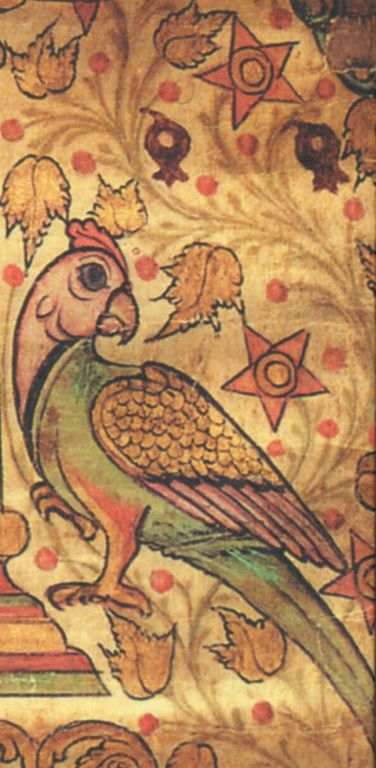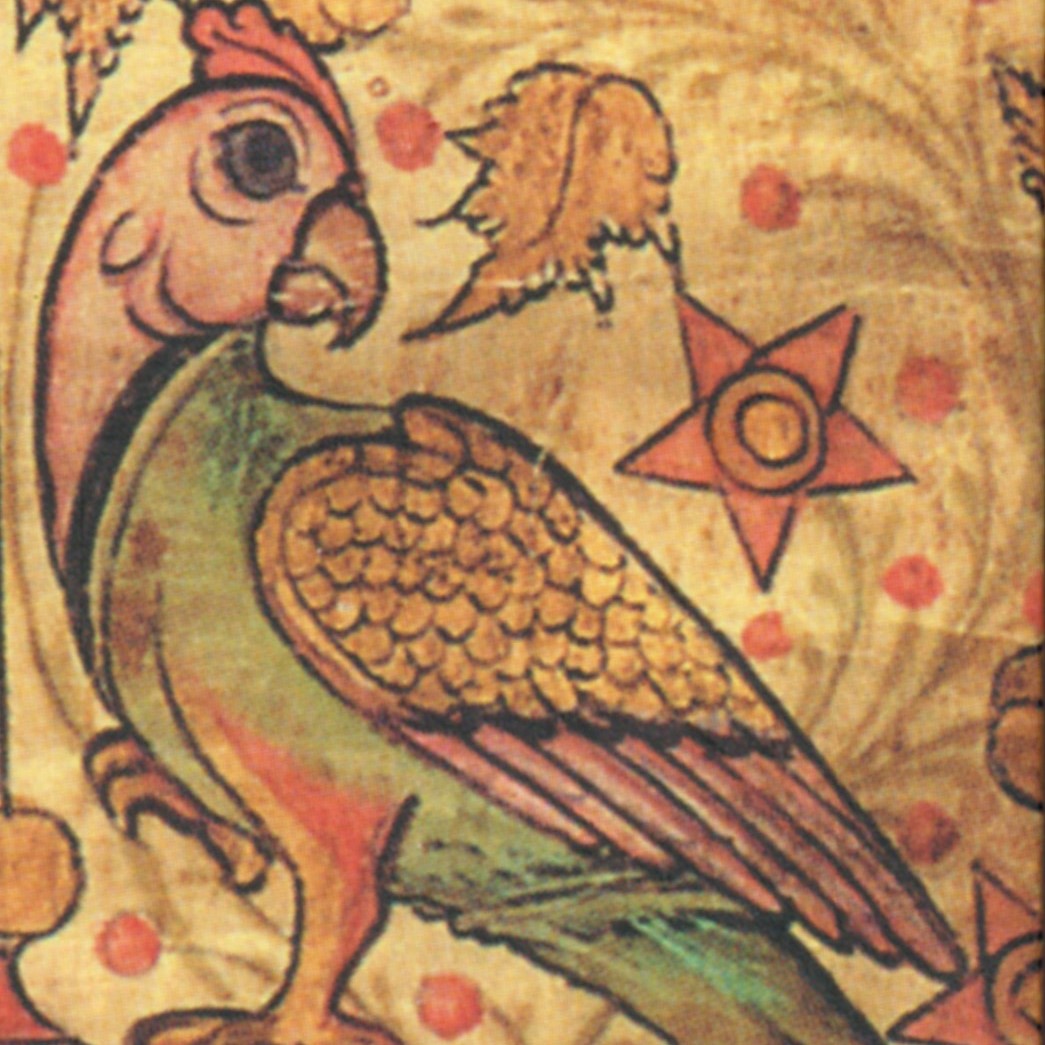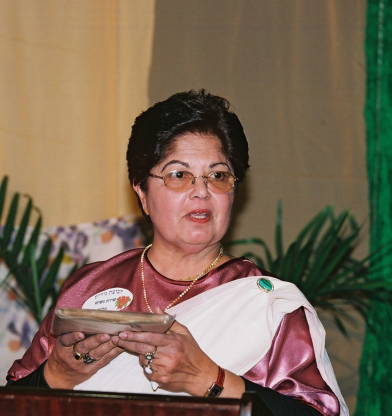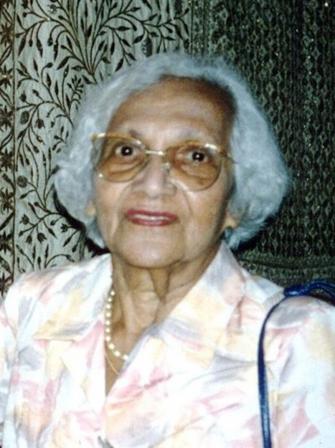1981
11. Famous Kochi Harbor
Hannah (Dolly) Japheth. Recorded by Barbara Johnson, Kibbutz Neot Mordecai, 1981; I-13.
Manni tŏṟa nalla měkacca kŏcci
Mānavameṯṯa cūtanmāruṃ vann
In the whole world the best harbor is Kochi,
Where the honorable Jewish people came.
With brightness You are shining, Lord Tamburan.
With voices we are praying; to You we bow down.
We Your loyal servants are praying to You.
Redeem us all together, O Lord Tamburan.
David and Eliyahu—oh, may they come,[1]
With the sound of shofar and the sound of drum.
With prayer may eight hundred of Your servants come.
Be the One forever, O Lord Tamburan.
This short song celebrates the excellence of Kochi Harbor and its inhabitants, especially the highly respected Jews who came there. The eight hundred people referred to in the song may simply signify a large number, or perhaps the estimated Jewish population of Kochi at whatever time it was composed.
The text is found in just four Paradesi notebooks, appended in one as a kurukan or “short verse” immediately following song 8, the Kadavumbhagam-Kochi Synagogue song. Its first line partially echoes the first line of that song.
______________________________
[1] This is one of several references in the songs to the biblical David (rather than “ben David”—a descendant of David) as the Messiah heralding the final redemption. Here, as elsewhere, he is accompanied in that role by the Prophet Eliyahu (Elijah). For more detailed discussion, see the commentary following song 22. The shofar is a musical instrument traditionally made of a ram’s horn and blown on important ritual occasions; it is also associated with the final redemption.







